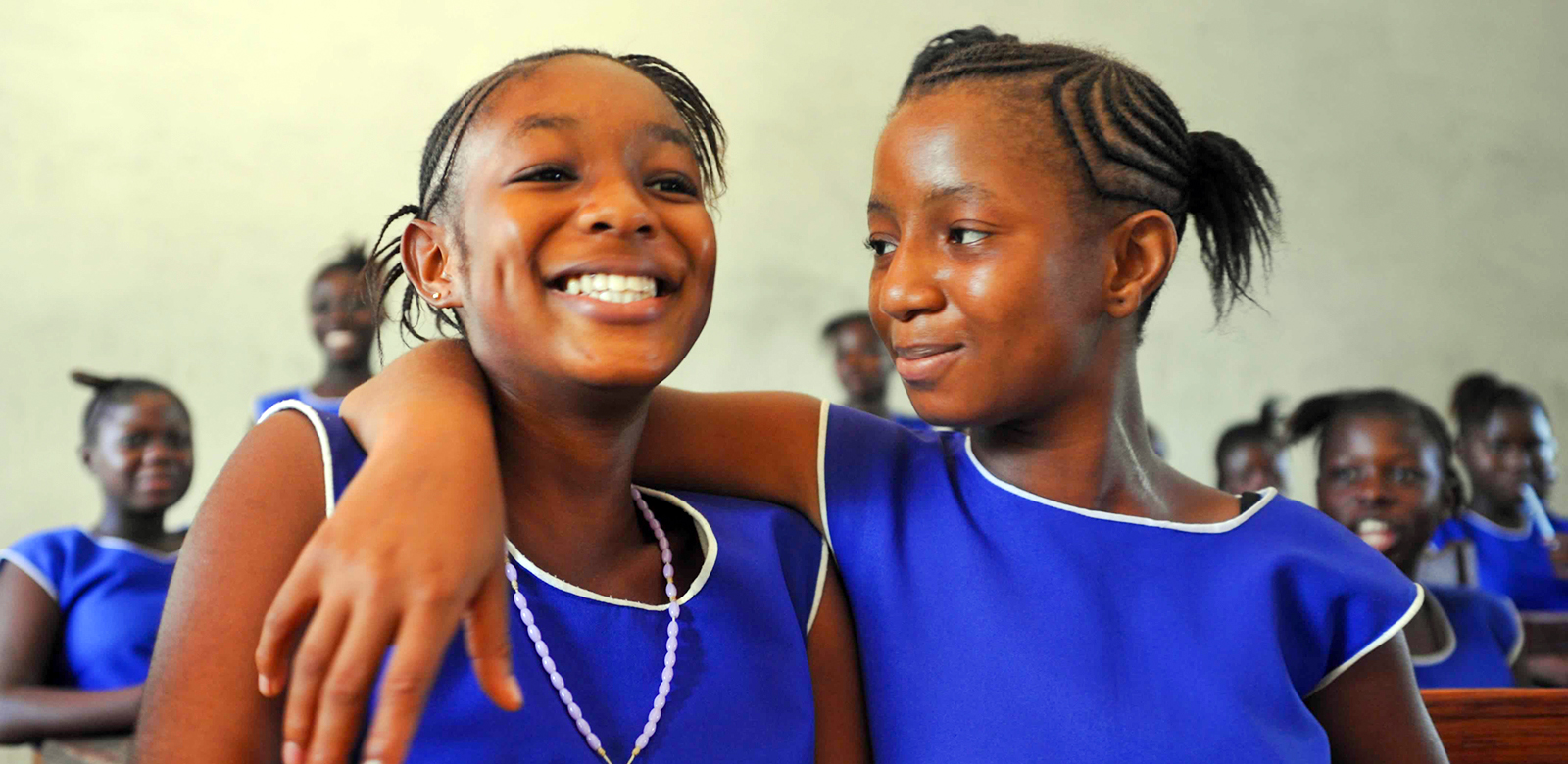by Adonai Beyond
Share

Improving Africa’s school infrastructure and educational practices is essential to addressing the learning crisis across the continent and laying a foundation for sustainable development. Many African countries are currently dealing with severe challenges in their educational systems—overcrowded classrooms, limited access to digital resources, poorly trained teachers, and a general lack of essential facilities like sanitation, electricity, and safe transportation. These issues have created significant barriers to quality education, but they are also opportunities for growth if addressed with comprehensive and context-sensitive approaches.
Infrastructure Upgrades and Digital Connectivity
Physical infrastructure in schools is a fundamental area in need of attention. Many African students attend schools with inadequate classrooms, old or unsafe buildings, or even outdoor settings without protection from the elements. Improving infrastructure means building safe and durable classrooms, ensuring all facilities are equipped with basics like clean water, and creating inclusive environments for children with disabilities.
To support modern learning, internet connectivity and access to digital tools are essential. Digital technology can transform education by enabling e-learning, providing access to vast educational resources, and connecting students to global knowledge. Public-private partnerships could be instrumental here; government collaboration with private tech companies can facilitate affordable connectivity and the distribution of digital devices to students in under-resourced areas.
Enhanced Teacher Training and Support
The quality of education relies heavily on the skills and dedication of teachers. African teachers are often underpaid, undertrained, and overwhelmed by large class sizes, which affects their ability to engage students effectively. Implementing training programs that focus on up-to-date teaching methods, inclusive practices, and subject mastery would empower teachers and improve learning outcomes. Mentorship programs can further support teachers, helping them navigate classroom challenges and share best practices. Regular training and professional development should be a central component of any effort to improve education across the continent.
Adaptable Curriculum and Localized Learning
The curriculum is another critical area that would benefit from reform. Too often, African schools focus on rote memorization rather than critical thinking, problem-solving, and creativity. Creating curricula that incorporate local languages, cultures, and practical skills can make learning more relevant to students and prepare them for local job markets. African economies are diverse, and education systems should be aligned with national development goals, incorporating lessons on agriculture, digital literacy, entrepreneurship, and environmental stewardship. These skills could greatly benefit students’ futures, equipping them to contribute meaningfully to their communities.
Community Involvement and Public-Private Partnerships
Improving school infrastructure and practices is a shared responsibility. When parents, local businesses, and governments are involved in the education process, they create a supportive ecosystem for children. Local businesses can provide resources, fund scholarships, or sponsor school supplies, while parents can actively support their children’s learning at home. Additionally, governments could work with private companies to address key areas like infrastructure development, internet connectivity, and resource provision.
Commitment to Sustainable Funding and Transparent Management
Investment in education should be a priority, with governments allocating a significant portion of national budgets to education and ensuring these funds are managed transparently. Sustainable funding models, including grants, educational loans, and foreign aid, can also support long-term development of school infrastructure. Importantly, transparent management of educational funds can reduce corruption and ensure that resources reach the schools and students that need them most.
Conclusion
Transforming Africa’s educational infrastructure and practices is challenging, but it is also a pathway to building a future where all children have access to quality education. Addressing infrastructure, teacher support, curriculum development, and sustainable funding models can collectively uplift African educational standards. With commitment and collaboration from governments, private sector stakeholders, and communities, Africa can build an education system that is resilient, inclusive, and poised for the future.

